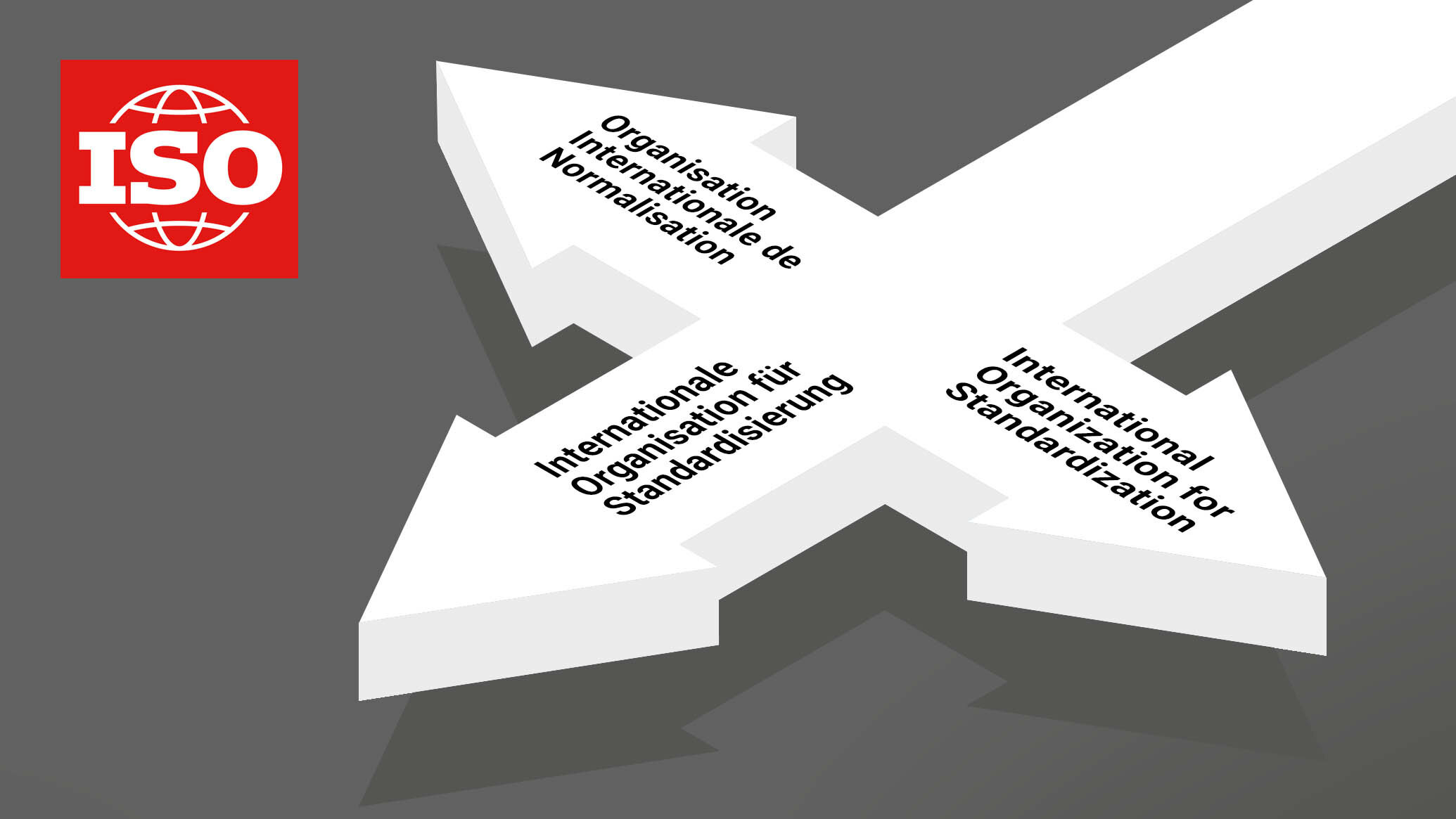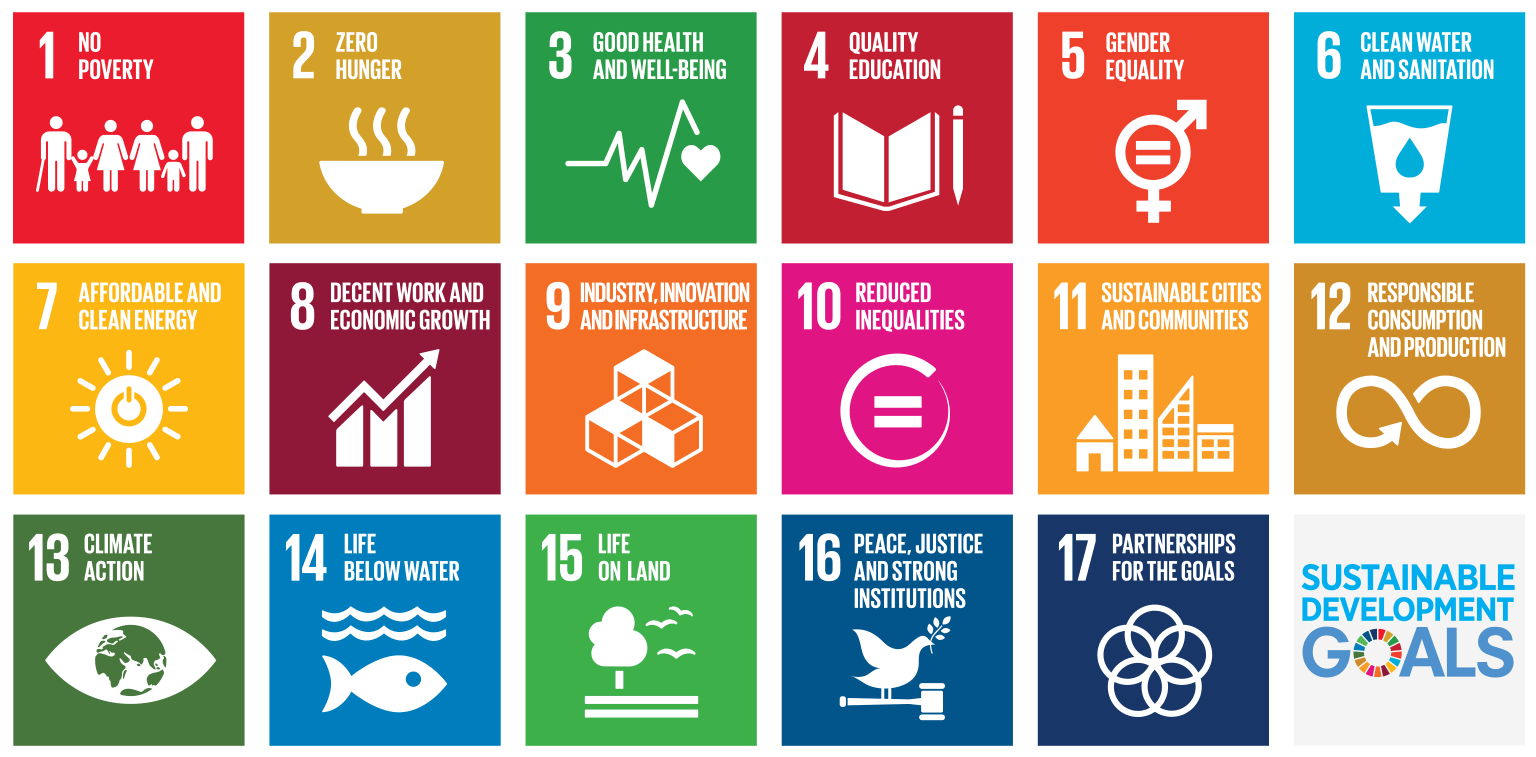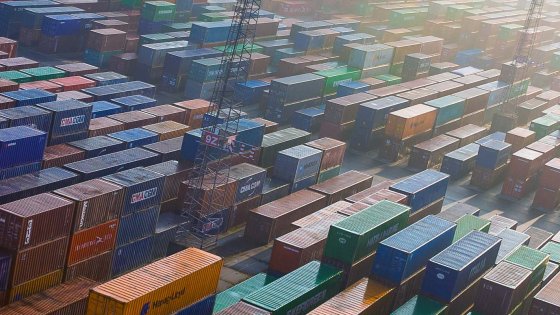ISO
The International Organization for Standardization (ISO) is a world-wide, independent association of standardization organizations from 164 countries.
The International Organization for Standardization (ISO) is a world-wide, independent association of standardization organizations from 164 countries. It was founded by representatives of 25 countries in 1947 in order to harmonize industrial standards.
Through its members, ISO brings experts together from all over the world in order to develop voluntary, consensus-based, market relevant international standards. The objective of all standards is to promote innovation, find solutions to global challenges and support international trade.
To date, ISO has published around 23,000 International Standards addressing the needs of almost all industries: from technology standards, food safety and agriculture to healthcare.
Today, ISO has members in 164 countries, 781 technical committees and sub-committees and more than 160 full-time employees working at its head office in Geneva.
Market without borders
In the modern world of online shopping, consumers can easily buy products via the internet in countries all over the world. Markets are integrating: a good reason for developing international standards because this is the only way in which cross-border trade can function smoothly.
For developing countries, international standards offer the opportunity to raise steadily the health and prosperity of their population. For example, standards-based innovative solutions replacing traditional stoves contribute to creating a sustainable, flourishing market for stoves that significantly reduce the health hazards resulting from open wood fires.
Rapid technological development
Today, the spiral of technological development is moving faster than ever: in the fields of information and communication technologies, energy technologies, driverless cars, drones and many more – standards provide reliable help in bringing new product developments to the market and offer timely and flexible solutions.
Sustainable development – Agenda 2030 / SDGs
In September 2015, the United Nations defined 17 Sustainable Development Goals (SDGs) for the world that were adopted within the framework of Agenda 2030 for Sustainable Development: All 193 member states of the United Nations committed to working towards the implementation of this Agenda by 2030.


International Standards supporting SDGs
For each of the 17 goals, ISO identified the standards that contribute most to successful implementation – from technical solutions to organizational structures.

